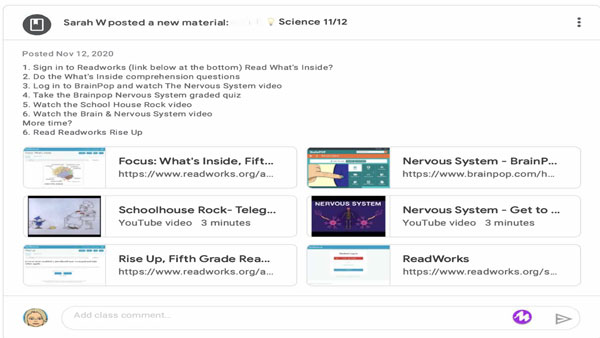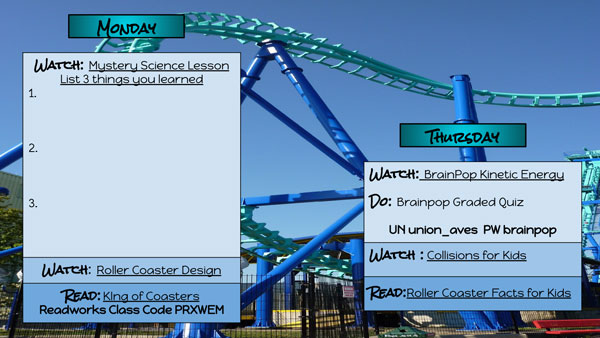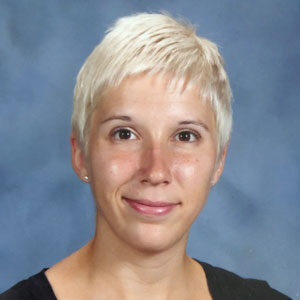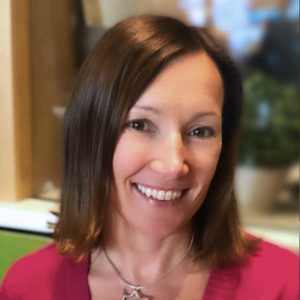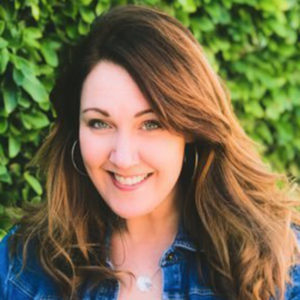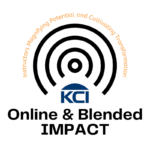
Fall 2021 Cohort At-A-Glance
Please see the Frequently Asked Questions below for more details.
- Start Date: October 4, 2021
- End Date: March 15, 2022
- Location: Online (asynchronous, with synchronous meetings)
- Live Class Meetings: 5:00-7:30pm PST on the following dates:
- October 5
- November 9
- December 7
- January 11
- February 15
- March 15
- Cost: No tuition for CA residents ($75 Registration fee required upon acceptance) *Out-of-state applicants will incure a per-unit fee
- Result: CA State Certificate of Achievement as an Online & Blended Teacher PLUS 15 Quarter Units from Foothill College
Online and Blended IMPACT
The Online and Blended IMPACT (Instructors Magnifying Potential and Cultivating Transformation) program is designed for current and pre-service K-14 educators, administrators, TOSA's and trainers. Participants who complete the program will earn 15 quarter units of continuing education over two Foothill College quarters and become California State Certified as an Online and Blended Instructor.
Program Advantages
Address essential questions like...
- How do I keep students engaged in a virtual setting?
- How do I maintain my own mental health while supporting so many others?
- How do I prioritize equity in online education?
- How do I know which tools and resources to use to meet learning goals?
- How do I develop a network of supportive peers who can help me on this journey?
Is this program right for you?
- Are you a current educator working at a school, district, or county office?
- Are you comfortable and experienced with common technology platforms (ie. Google Workspace, Office 360)?
- Are you willing to troubleshoot and problem-solve independently?
- Are you interesting in pursuing online and blended instructional leadership? (Psst... this is a plus!)
NOTE: You must complete an application and you will be notified if you are accepted. Upon acceptance, you will be required to pay a $75 registration fee.
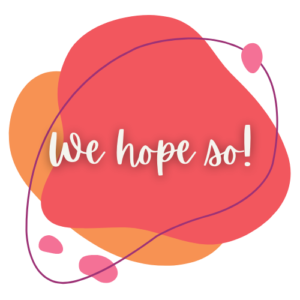
What do our participants say?
Not only was the course content great, but it's a model for how to offer courses.
Frank Silva
Online Education Consultant at Monterey Peninsula College
The community is great. The friendliness and acceptance is great. The safety is great. It's everything I want for my own classroom.
Jennifer Wei
ELA/AVID Teacher at San Mateo Union High School District
This program pushed me.... to try these things and be OK with being uncomfortable and come out on the other end really excited when it worked out well.
Tawiah Burroughs
5th grade Teacher at Berryessa Union School District

The fact that I will be working within a cohort is one of the reasons why I am taking this course. Collective success! In Oakland, teachers get together in Professional Learning Communities (PLCs) every Friday to discuss the week and to plan out lessons and instructional strategies. The PLCs are examples of the benefit of collective wisdom.
DON CURTIs
Mobile Learning Lab Instructor at Oakland Unified School District

I am realizing that it is so important for online teachers (pandemic or otherwise!) to have the opportunity to be online students. I feel like in just under a week this new perspective has already opened up my eyes to the student experience in a greater way than before.
JESSICA VALERA
District Instructional Technology Coordinator at San Mateo Union High School District
Take a peek at some of the exceptional work being shared!
Give a Lesson a Design Facelift
When we switched to distance learning my team was committed to continuing our Science and Social Studies content. At first, we put the individual activities into Google Classroom. At the time we thought it made sense. As we went along though, we wanted to make something that was easier to understand and quicker to make. Slide 2 was the original format one of my teammates created. From that, I created the slide 3 template that includes all the content elements. The slide format stays the same so the kids know the expectations and how to complete the activities.
Sarah Williams
Elementary Teacher at Union School District
OBI Final Project all about Implementation
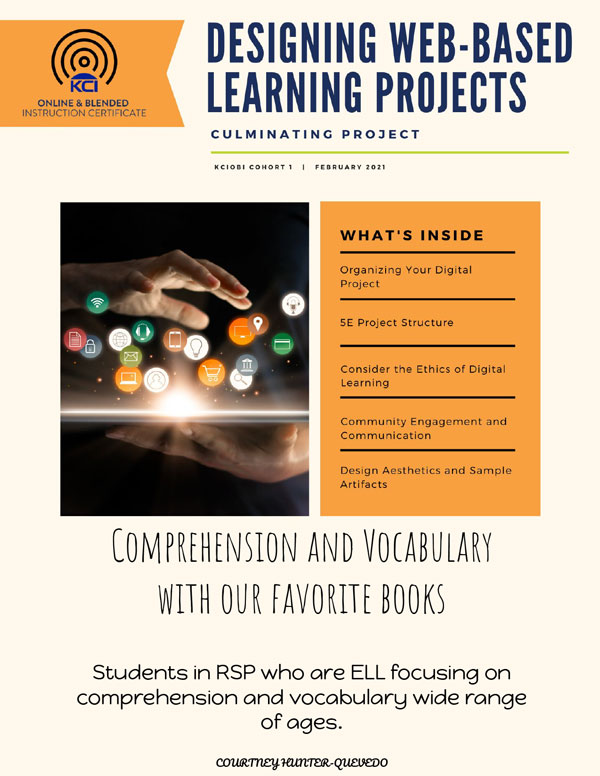
Reading Comprehension has been highlighted as problem among primary students, it has noted to be even harder for students who are learning English as a second language. This is where the importance of vocabulary comes in. The more words students know, the easier it is for students to comprehend what they are reading. [This project targets] students in RSP who are ELL focusing on comprehension and vocabulary from a wide range of ages.
Courtney Hunter-Quevedo
Resource Specialist at St. Elizabeth Ann Seton School
Our Instructors
Frequently Asked Questions
-
What does the program involve?
The program consists of approximately 180 hours of instruction and coursework, spread over eight short courses. Each course lasts approximately 4 weeks, and participants will take two or three courses concurrently. Due to the nature of this program, courses are entirely online and mostly asynchronous, allowing participants to fit coursework into their existing schedules. Participants should expect to complete approximately 3-4 hours of coursework per week.
There are a few synchronous class meeting times each quarter for community and group activities. These will be held in the evenings. Please check the “Meeting Dates” question below for the current schedule.
-
How long does the program take to complete?
The 15 unit program can be completed in two quarters (approximately 6 months).
-
What courses are in the program?
For the Fall 2021 cohort, students will complete the following courses over two quarters in order to earn the certificate.
- LINC 57 - Designing Learner Centered Instruction (1 unit)
- LINC 57A - Welcoming and Engaging Students in the Online Environment (2 units)
- LINC 75A - Introduction to Instructional Design and Technology (3 units)
- LINC 75C - Designing Online Instruction (3 units)
- LINC 90C - Online Collaboration Tools (2 units)
- LINC 95C - Assessment Strategies for Technology Integration (2 units)
- LINC 93B - Assistive Technology and Universal Access(1 unit)
- LINC 98-Teaching and Learning in the Digital Age (1 unit)
-
When does the next cohort begin?
The Fall 2021 cohort will begin in October, 2021.
-
What are the meeting dates for the next cohort?
While most of this program will be held asynchronously online, there will be some live meetings, held over Zoom conferencing.
These meetings will be held on Tuesday evenings, with Fall dates TBD.

